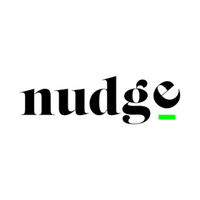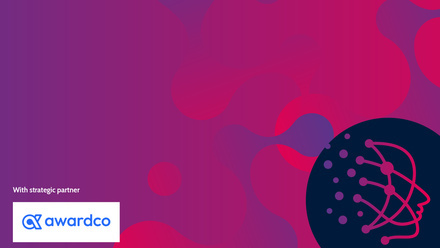Why data should be at the centre of your reward and benefits strategy
By putting data at the centre of your reward and benefits strategy you can deliver a programme that speaks to the hearts and minds of your employees.
According to Business.com, “when businesses collect and analyse employee data, leaders and decision-makers not only improve their company culture, but they also jump ahead of the competition by listening to employees at every level.” In fact, research and advisory company Forrester reports that data-driven companies “are growing at an average of more than 30% annually”.
Deep dive into people trends
To begin planning an authentic communication strategy for your people, first you must understand them. The insight needs to dig deep into employee aspirations, motivations, personal finance goals and challenges. Although it’s an important consideration, don’t just focus on employee benefit engagement – there is much more to understand.
It’s likely you’re well-versed in employee sentiment and engagement analytics. But have you considered trends in:
- Your people’s financial motivations according to region, country or business unit?
- Your people’s wants, needs, dreams and goals and how these differ by region and evolve over time?
- Your people’s dependants, family situation or retirement aspirations?
A global financial wellbeing platform can give you a holistic view of these crucial insights - and reduce HR admin - but if you’re yet to implement a programme, consider surveys or focus groups with a range of demographics to delve into these questions.
Make your offering sing
The success of your benefits programmes hinge on your ability to effectively communicate. So, now you better understand who you’re speaking to, you need to analyse and optimise how you’re communicating - ensuring that your message is authentic and relevant.
When issuing new communications, you should consider the following personalisation to really engage your people:
The right message at the right time: If there’s an event in the world of personal finance, for example the end of the tax year, nudge the relevant group with practical, actionable information.
Language and culture: Are you designing varying versions for different countries, regions or offices? If so, it’s a great idea to tailor your lead messages using audience-specific survey insight and images that culturally represent the community.
Build a campaign: If you’re launching new communications as part of a wider programme, consider branding the campaign with identifying imagery that will grab attention. The campaign could connect the offer to a wider business or industry initiative like Mental Health Awareness Week or company enrolment.
Share the why: By using key messages that connect back to the initial employee research, highlighting why the offering has been selected, you can convey the authenticity of your programme.
Who hits send: Consider who is best to issue the messages of support. Perhaps this is your chief executive to demonstrate the programme’s importance, or your programme champion, to drive a new initiative within their department.
When you understand the needs and interests of your diverse workforce, you can create targeted campaigns that motivate and recognise them. Financial education can underpin your wider employee benefits strategy, providing the insight you need to provide the right information, at exactly the right time.
Supplied by REBA Associate Member, Nudge
A leading financial wellbeing benefit using behavioural science & technology to help employees.








